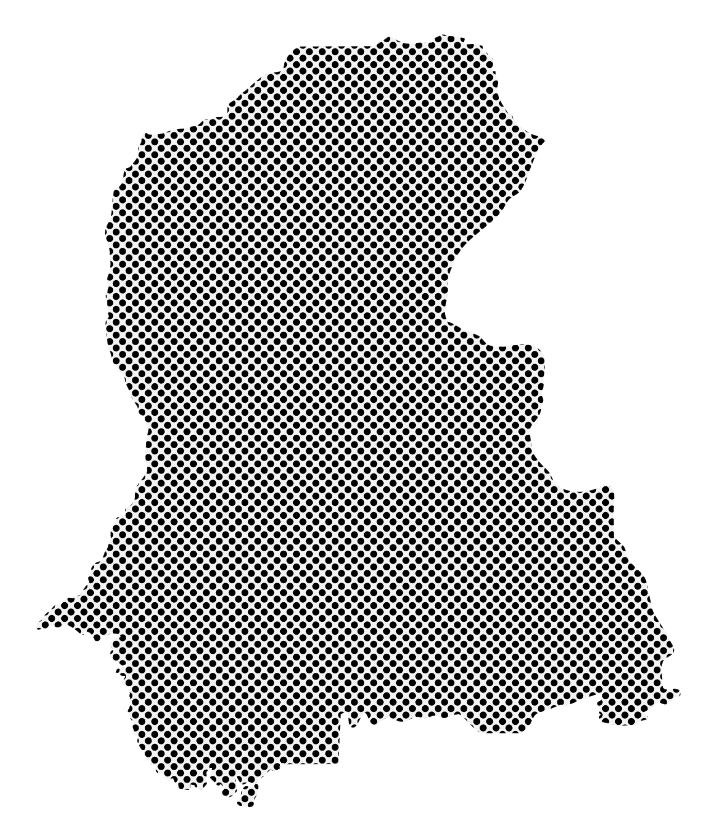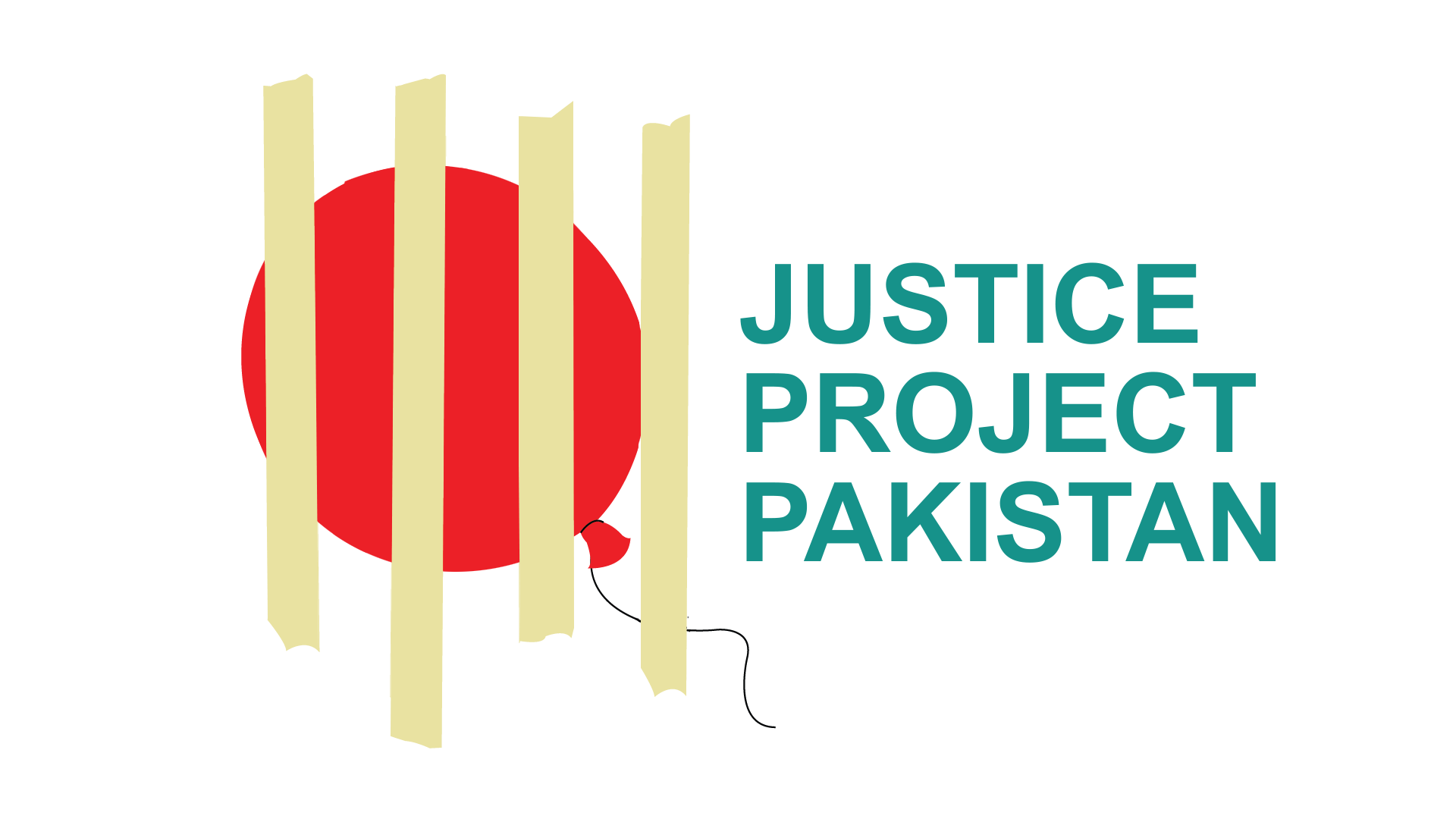Sindh
Securitising Movement, Migration, and Difference
In Sindh, paramilitary clean-up operations in its largest city, Karachi, and the interior have seen ethnic clashes with an urban police state. As they complete their sentences, prisoners find themselves moving through different incarceration facilities to-and-fro: within the city, across the interior, and the detention system. The use of varying jail locations overlays the use of their individual spaces for the segregation of prisoners by ethnic identity and this becomes a spatial map for the securitisation of Sindh itself.

Sindh, Pakistan’s most culturally diverse province, is the site of national political struggles while being host to a milieu of ethnic tensions, many of which coalesce in the urban centre of Karachi.
The British were keen to develop Karachi and the province as an artery that linked the entire subcontinent. It is this permeability that today is a source of fear. Given Punjab’s increasing dominance since the 1960s, Sindh has been gradually sidelined in terms of access to shared resources. Against this backdrop, demands for enfranchisement and an equitable share of resources have been conceptualised as acts of subnational separatism and threats to national security.
In addition, Karachi as an urban, cosmopolitan megacity is seen as the location where such challenges to state governance not only emerge but also congregate and spread out. Together, the country’s former capital and Sindh have become places where difference and mobility are viewed with suspicion.
Critics of the forms of corruption across the legal system will point to the misuse of law enforcement and court procedures that prevent carrying out justice. But at the root of the problem is the creation of a security state, a culture of fear, and the subversion of the legal system that this enables. In this way, any form of dissent can always be interpreted and subsumed as a militant threat, and innocent individuals can be targeted.
The country’s former capital city of Karachi and Sindh have become places where difference and mobility are viewed with suspicion.
Author’s Voice-Notes
00:01
--|--

Stories of Incarceration
Sleeping, Waking, Living
Malik believes violence was directed at him due to him being Mohajir and his political affiliation, and that he was deliberately transferred to Khairpur for additional punishment. Here his own sense of ethnic superiority comes out against a sense of injustice he felt within a Sindhi milieu. His experience can be understood within the geography of incarceration where prisoner relocation is part of the system of punishment.
00:01
--|--
Conditions in Captivity
Sharjeel observed similarities and differences across various jails and between his treatment and those of other prisoners who came from more vulnerable socioeconomic backgrounds. His experience shows how an economy of extortion and punitive violence along segregated spatial lines are the legend to an urban and provincial map of securitisation in Sindh.
00:01
--|--
SINDH STATISTICS 2025
Prison Population Trend
0
*
as of Nov 2023 statistics
Operating Rate
0
%
of it’s authorized capacity
Under Trial Prisoners
0
%
of all the prisoners are
under trial in only Sindh
Prison Population in Sindh
0
%
of the total prison
population in pakistan
population in pakistan
